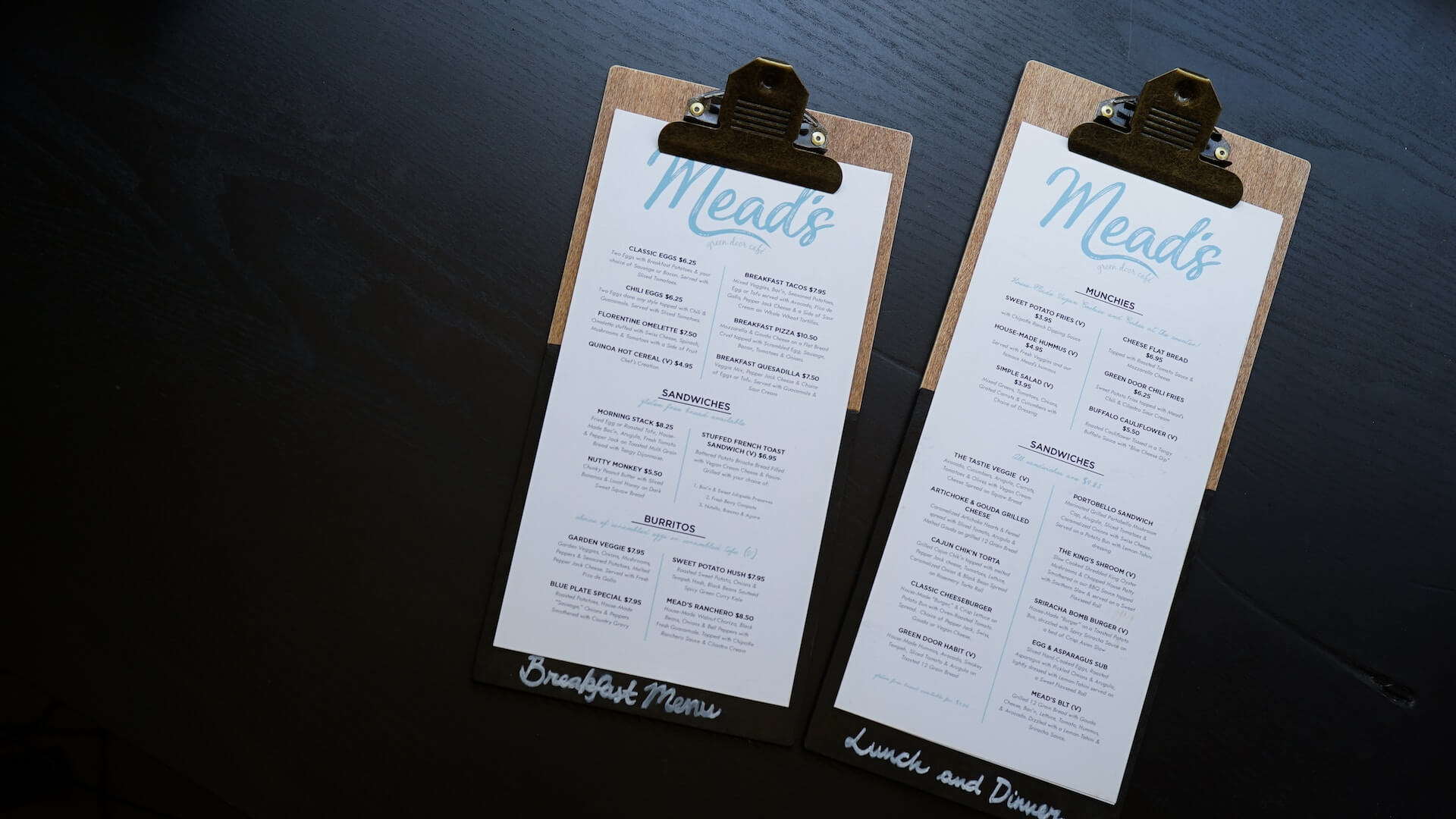Be a Student of the Game
by David Klemt

The key to success as a restaurant, bar, nightclub or hotel operator is a change in mindset and a commitment to being a student of the game.
That game, of course, is hospitality. To succeed, one must truly love this industry and their own business. Love digging into the minutiae and learning about every element of operations; love their team members and guests; love mentoring and finding mentors; love embodying the spirit of hospitality; and love their own brand.
This is the exact message Michael Tipps drove home during the first Invictus Hospitality-led education session of the 2023 Bar & Restaurant Expo.
“The doing and the how is important, not the what,” says Tipps. “Be a student of the game.”
But what does Tipps mean when he says that?
The Successful Student Mindset
Before we begin, a note about reporting on other consultants and agencies. At KRG Hospitality we don’t pretend to know it all. When a peer says something and has an approach to this industry we find insightful, we want to share it. Keeping it to ourselves because they’re a “competitor” doesn’t help anyone or our industry.
We consider Invictus cofounders Michael Tipps and Homan Taghdiri friends and colleagues. Their values and mission align with ours.
So, when Tipps says successful operators are students of the game, we agree. Our team is passionate about learning so we can better serve our clients. I’m comfortable saying the Invictus team embraces a similar approach.
In addition to a hunger for knowledge, there’s another key element of this successful student mindset: positivity. For Tipps, that means two things:
- “Know what works first. Notice what doesn’t work second.”
- “Other venues aren’t your competition.”
Intention
I won’t speak for Invictus and their approach to understanding a client’s vision. We have our approach and tools, they have theirs.
One of the exercises that we find works to help us see how a client envisions their concept is to learn about what they like. What restaurants, bars, nightclubs or hotels do they admire? Are their operators they aspire to emulate? What venues in their target market do they think are doing a great job?
Another part of the process is to visit similar concepts. These visits reveal a lot, including what a client knows about the business.
Look, we’ve all been there. As consultants, operators, leadership team members, front- or back-of-house members… We know when something doesn’t work when we visit any restaurant, bar or hotel.
However, a simple change to the lens through which we view an operation can make a big difference. First, we should notice what’s working. Going further, Tipps suggests trying to understand what an operator was trying to accomplish with their concept: “What was the intention?”
To Tipps, people who can walk into a restaurant or bar and identify what’s working before focusing on mistakes shows they actually know the business. A true student of the game recognizes any concept’s positives and intention.
“It doesn’t take skill to know what sucked about a bar or restaurant,” says Tipps. “It takes skill to point out and understand what works.”
Dentist’s Office, Anyone?
There’s another point Tipps makes about the game and what drives people to jump into this incredibly challenging business.
Consider what owning a cool restaurant, bar or nightclub looks like from the outside. People get into this business, posits Tipps, because they’ve been to a bar or restaurant and think it would be fun to own it. They think being the owner of a hot restaurant is sexy. Likewise, being the owner of a cool bar or club.
It certainly can be cool, fun, and sexy to own a restaurant or bar. But think about visiting a business and finding it so cool that you decide to open one yourself.
“We’ve also all been to the dentist but we don’t open a dentist office,” says Tipps.
In other words, there are operators lured to this business because it looks fun and cool from the outside. And it is, but it’s also very hard work. Truly, only students of the game will find a measure of success.
Without a love for hospitality, for what can be accomplished and experienced in this industry, it’s just a difficult job.
The Real Competition
Ask different consultants about whether they view similar businesses as competitors and peers and you’ll get a variety of answers.
Some feel that concepts in the same category in the same market are in direct competition. Others will say that one operator isn’t competing with another, they’re potential peers who can elevate one another. Still others say there’s nuance; there’s competition for traffic, engagement, and dollars, but competitors are also peers who can elevate entire markets.
To Tipps, and I assume Taghdiri and the rest of the Invictus team, operators are competing against the clock.
“Time is your adversary, not the venue next door,” says Tipps. That means operators are up against ticket times. They’re subject to their dishwasher’s timing. Payroll, paying invoices on time, dealing with how long food can last to plan for days of the week and individual dayparts…
Each of those items and more impact a concept’s every element of operation. And unlike another operator, there’s no stopping this adversary. The most an operator can do is implement strategies to keep up with this opponent because there’s no way to beat it.
Again, the only way to succeed in that contest is to be a student of the game. An operator (and their leadership team) needs to not only know every tiny detail about their business, they must be passionate about gaining that knowledge. They need to love learning and applying the information they glean to overcome obstacles and keep up in their battle with time.
“Be as fascinated with your business as a five year old is with an ant farm,” says Tipps. “Look at the ant farm with wonder.”
Image: Julian Hochgesang on Unsplash



